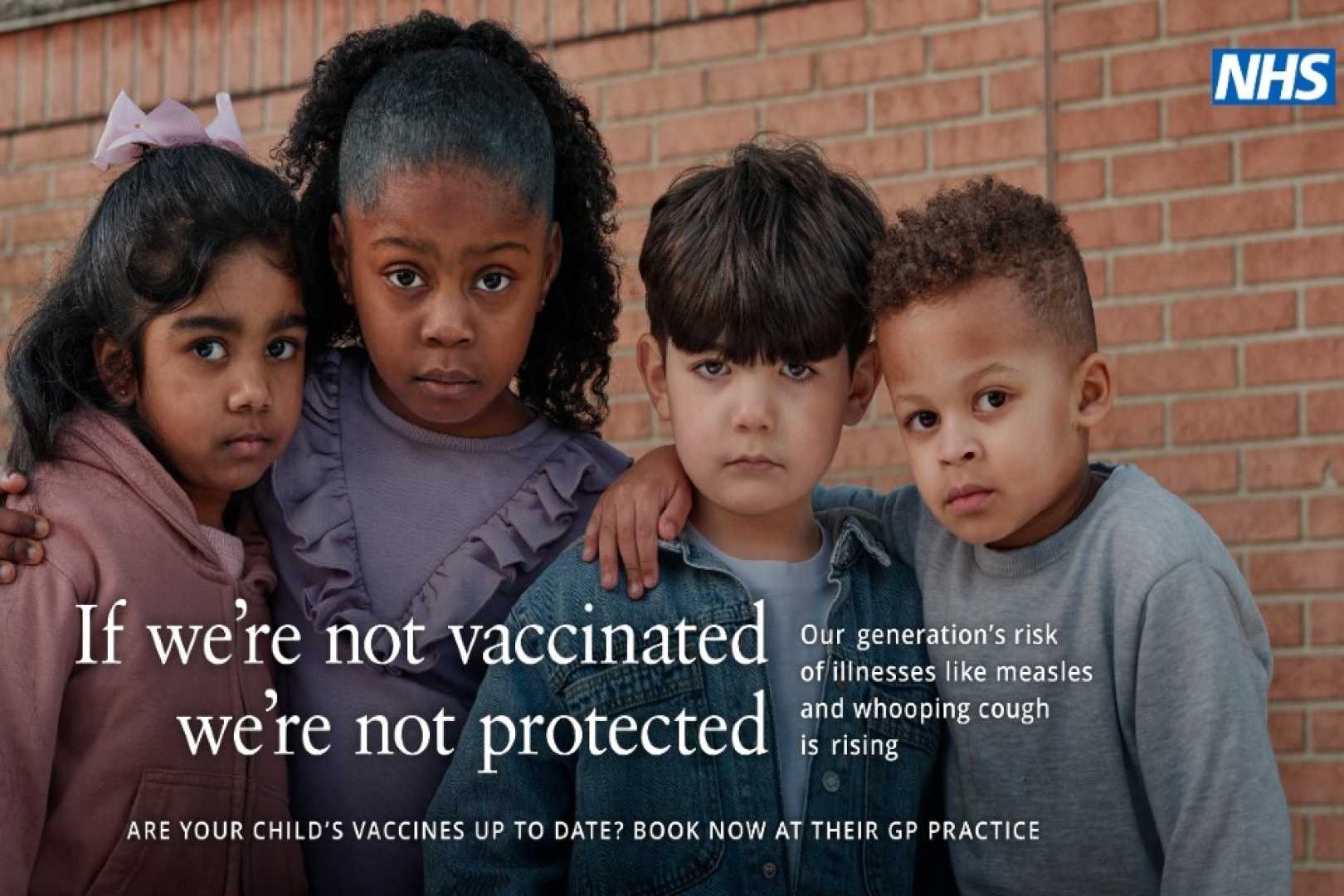Health
Rising Measles Outbreaks Signal Urgent Public Health Concerns

NEW YORK — The United States is witnessing a troubling rise in measles outbreaks, largely attributed to declining childhood vaccination rates, according to Dr. Adam Ratner in his new book, “Booster Shots.” The increase in cases is raising alarms about the state of public health as it underscores the challenges faced by vaccination efforts.
Dr. Ratner, a pediatric infectious disease physician, warns that measles remains one of the most infectious diseases known, more so than influenza or COVID-19. He states, “It is the most infectious disease that we know by far — much more infectious than flu, much more infectious than COVID or polio or Ebola.”
As vaccination levels fall, he notes, measles outbreaks tend to emerge first, often foreshadowing incidents of other vaccine-preventable diseases. Already this year, clusters of measles cases have been reported in Texas, Rhode Island, Georgia, and other states. Ratner emphasizes the urgency of addressing vaccination rates, citing that over 107,000 children globally died from measles in 2023 alone, primarily due to insufficient vaccination among children under five.
The Centers for Disease Control and Prevention (CDC) reports that the U.S. experienced 284 measles cases in 2022, the highest number in five years. This surge coincides with vaccination rates for measles, mumps, and rubella dropping below the essential 95% threshold required to prevent community outbreaks. While the U.S. has not recorded a measles death recently, Ratner warns that increasing case numbers may change that reality.
Ratner reflects on the irony surrounding the resurgence of measles, attributing it to the very success of vaccination efforts. As vaccine hesitancy rises, he believes it is imperative to remember the historical impact of measles. “Measles thrives on being underestimated,” he says, urging public awareness of the disease’s severe past consequences.
He points out that the development of the measles vaccine in the early 1960s was pivotal in controlling the disease, but necessary public policies also played a crucial role. Ratner cites a significant outbreak in 1970 in Texarkana, illustrating that areas without vaccine mandates had dramatically higher case rates. “About 95% of the cases were in the area where there wasn’t a vaccine mandate,” he explains.
Ratner expresses deep concern over the nomination of Robert F. Kennedy Jr. as Health and Human Services Secretary, noting Kennedy’s long-standing anti-vaccine stance. “I am very, very worried about the future of not only vaccines but public health in general in this country and across the world,” he says, as confirmation proceedings approach.
In urging action, Ratner emphasizes that public health successes are fragile and require ongoing vigilance. “We live in a society now where child mortality is rare and where diseases like measles are rare. That is not guaranteed,” he says. Maintaining vaccination rates and supporting public health initiatives demands both political resolve and scientific integrity.












